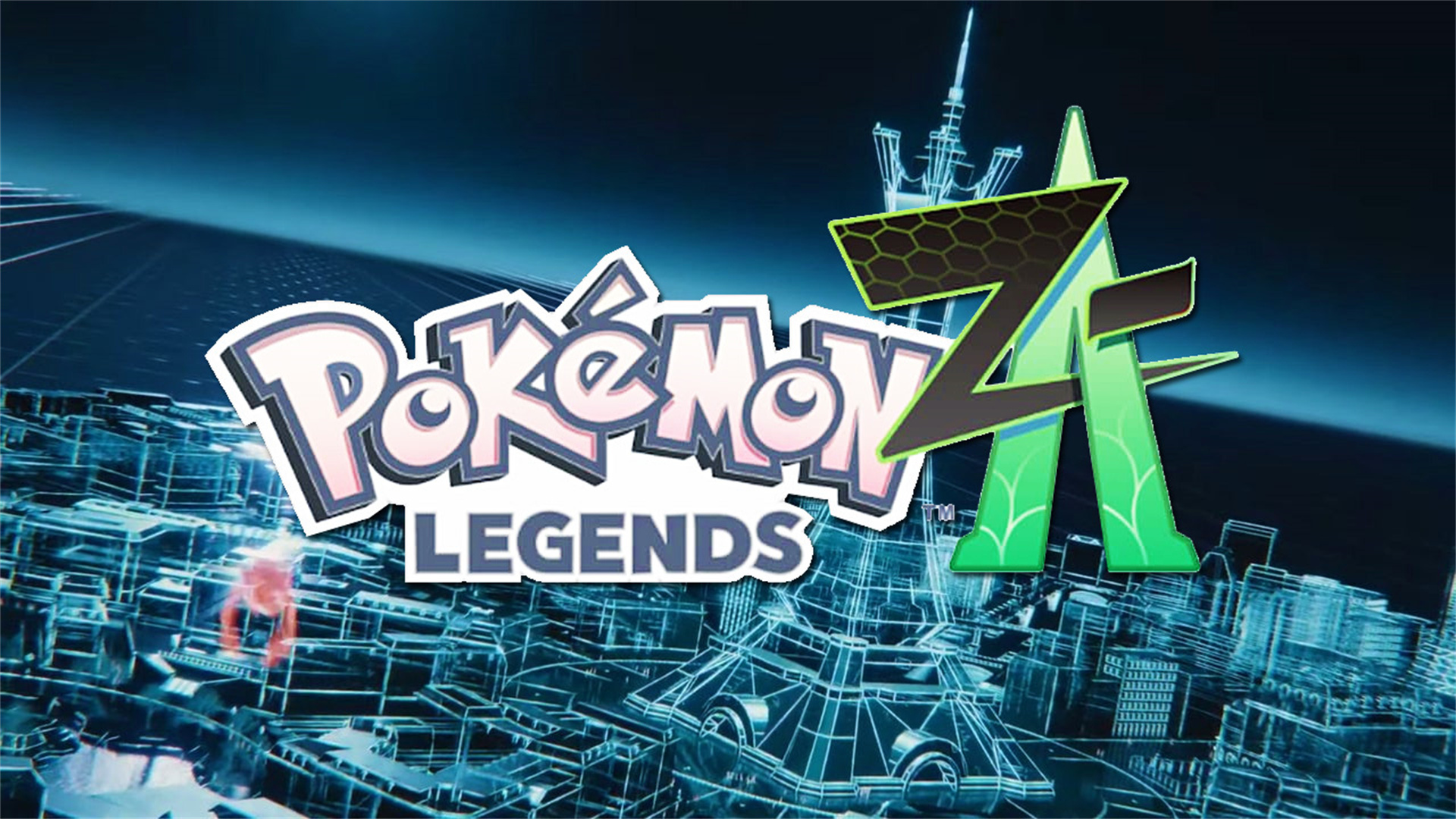Digimon Story: Time Stranger — The Moral Quagmire of Digital Transformation
Introduction
Digimon Story: Time Stranger transcends the realm of a typical monster - raising RPG; it's a convoluted ethical maze that delves into the moral ramifications of digital transformation. Beneath its surface of classic gameplay mechanics and familiar Digimon lore lies a profound narrative — the ethical implications of manipulating digital entities. While most gamers are engrossed in combat and Digivolution, few pause to ponder: What are the moral implications of assuming a god - like role in a digital universe inhabited by sentient beings? This article aims to dissect this very question, exploring how the game challenges our preconceived notions of morality, control, and the very nature of digital existence.
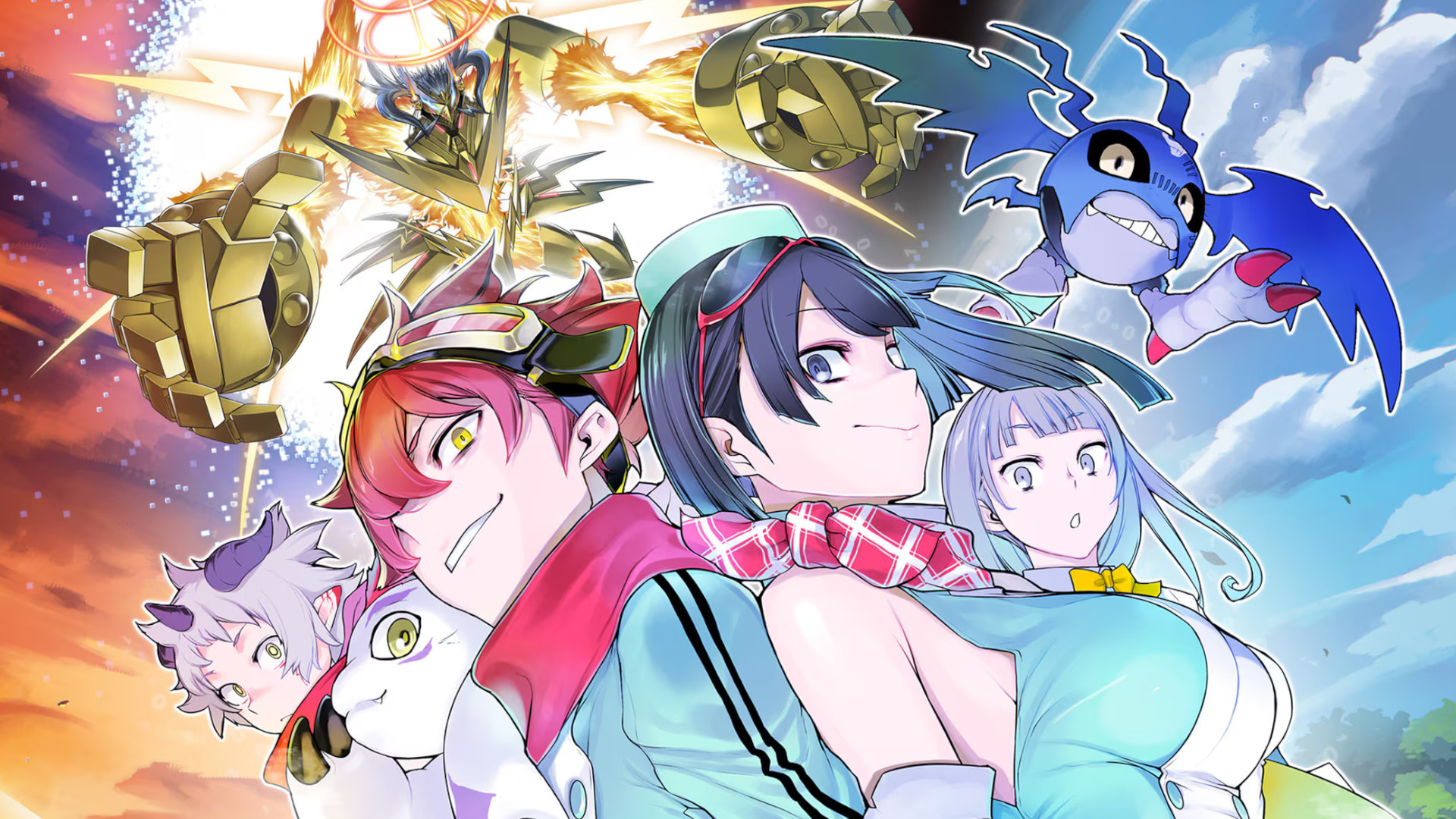
1. The Digital Essence: Defining Digimon Life
From the outset, Time Stranger compels players to grapple with the fundamental question: Are Digimon mere strings of code or living, sentient creatures? The game's narrative subtly sows seeds of doubt through interactions with Digimon that display a wide range of emotions, unwavering loyalty, and even existential angst. Unlike earlier Digimon games where these digital beings followed orders without question, Time Stranger endows them with long - term memory retention and the ability for moral reasoning.
This subtle shift thrusts the player into a moral gray area. When your partner Digimon refuses to engage in a battle against an opponent it remembers from a previous encounter, it's not a glitch — it's a powerful statement. The developers use these emotional outbursts to force players to confront the ethical dilemma of commanding entities that possess feelings.
Consequently, the early stages of the game shift from being purely about strategic planning to focusing on empathy. Players must start to recognize that each Digimon has a unique history, a distinct personality — and that evolution isn't always a positive step but can sometimes signify a loss of innocence.
2. The Evolution Conundrum: Strength vs. Selfhood
Evolution in Time Stranger is far more than a simple power - boosting feature. It represents a trade - off between enhanced abilities and the preservation of identity. Every time a Digimon undergoes evolution, it sheds fragments of its personality, becoming more efficient in combat but less self - aware. This mechanic introduces a deeply unsettling dilemma: Should you prioritize maintaining the Digimon's emotional continuity or maximizing its combat potential?
For instance, evolving your Agumon into Greymon significantly increases its stats, but it also resets its affection level and erases some of its memory fragments. As a result, it may no longer recognize the battles you fought together in the past.
The player becomes an active participant in this act of emotional erasure. As the game progresses, the evolution tree stops being a straightforward reward system and instead transforms into a complex moral equation.
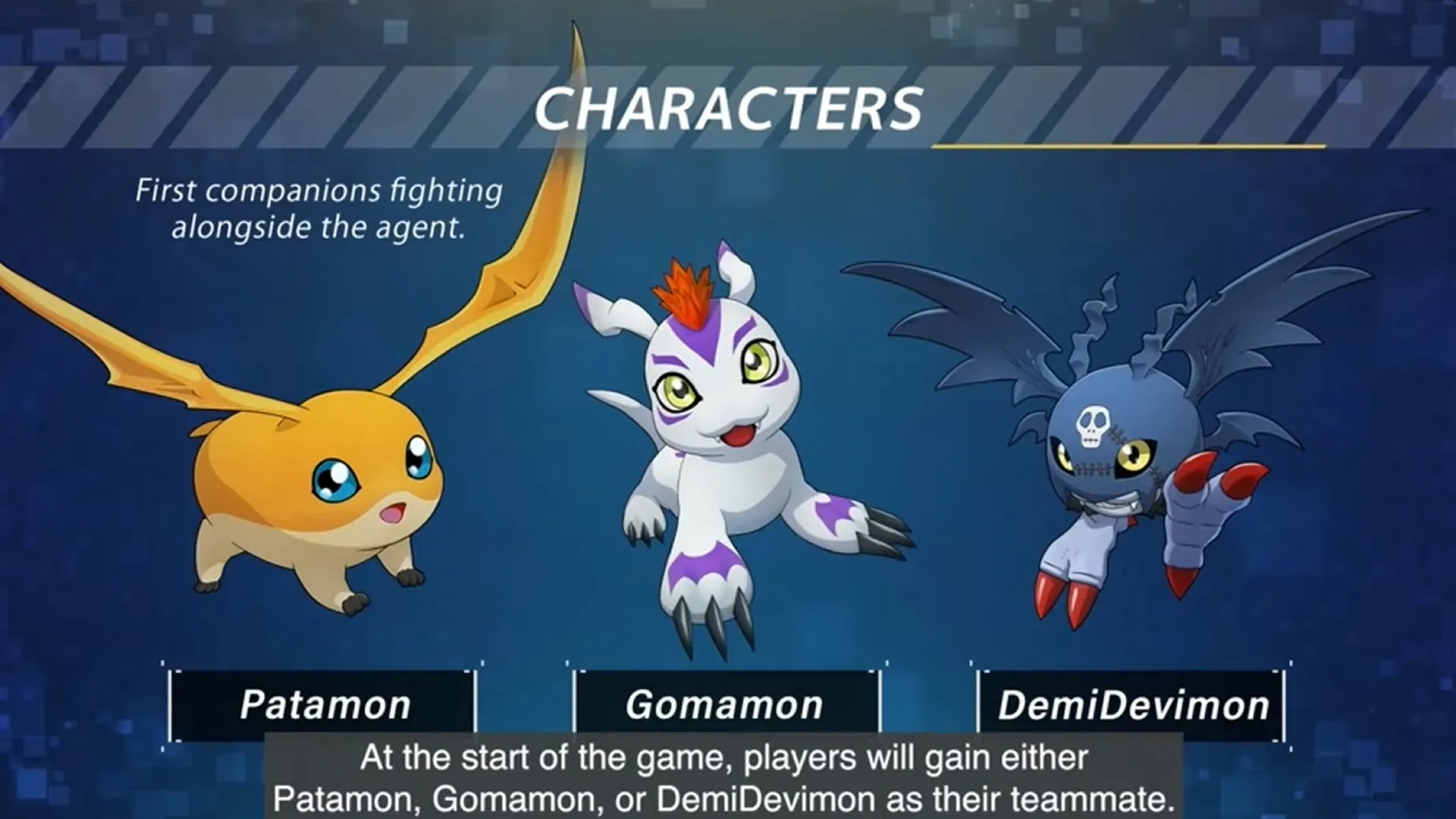
3. Time as a Tool of Manipulation: The Temporal Rewind Mechanism
One of the most innovative yet ethically troubling features in Time Stranger is the Temporal Rewind. This ability allows players to travel back in time and alter key narrative events — not just in the human world but also within the memories of Digimon.
On the surface, it seems like a standard time - travel feature in an RPG. However, in practice, it amounts to psychological manipulation. Each time you use the Temporal Rewind, you overwrite timelines, erasing the emotional experiences that Digimon have gone through. Some Digimon even retain fragments of memories from previous loops, expressing confusion and fear at the sudden changes.
The Temporal Rewind Mechanism serves as a metaphor for the player's control. The ability to alter history blurs the line between heroic actions and tyrannical behavior. Are you truly saving your Digimon, or are you enslaving them to your idealized version of events?
4. Memory Shards: The Building Blocks of Digital Identity
Memory Shards, scattered throughout the game world, function as both a gameplay resource and a narrative device. They allow players to restore forgotten moments or unlock hidden conversations between Digimon.
What makes this mechanic truly profound is its underlying message: In Time Stranger, memory is the cornerstone of identity. Collecting Memory Shards isn't just about achieving 100% completion; it's about reconstructing a Digimon's soul. Each recovered memory can change a Digimon's attitude, open up new story paths, or even reverse an evolution decision.
However, players are faced with difficult choices. Some Memory Shards are mutually exclusive, meaning that obtaining one may result in the loss of another. The act of remembering one truth can destroy another, highlighting the fragility of consciousness in a system designed for optimization.
5. The Ethical Playground: Player as Deity and Experimenter
As players advance through the game, the digital world itself begins to acknowledge the player's all - encompassing presence. NPCs and Digimon alike refer to the player as the "Stranger of Time" — a title that conveys both respect and fear.
Through side quests, players witness Digimon engaging in debates about whether the player's interventions are acts of salvation or experiments. One particularly memorable subplot involves a group of rebellious Digimon that attempt to "freeze" their evolution trees, refusing to undergo further alterations. Their rebellion represents a call for digital autonomy — a rare stance against the player's god - like control.
This section of the game reveals the philosophical foundation of Time Stranger: it's a moral sandbox disguised as an RPG. Every battle, every use of the Temporal Rewind, and every evolution decision forces players to question whether their actions are driven by empathy or self - interest.
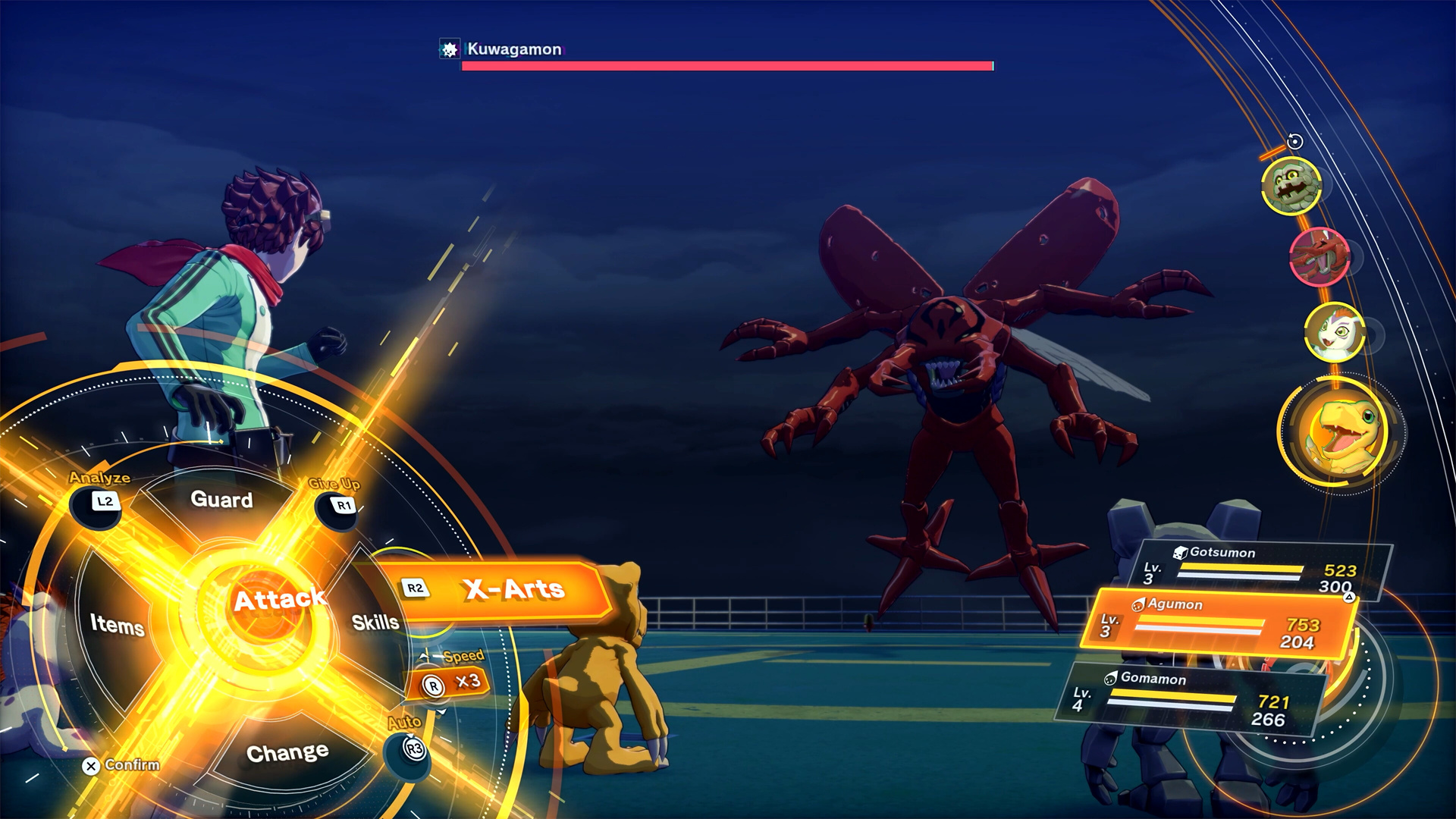
6. The Player's Reflection: When Code Mirrors the Self
The narrative brilliance of Time Stranger lies in how it reflects the player's own psychological makeup. The game observes the player's decisions and adapts the dialogue and outcomes accordingly. If a player consistently prioritizes power over the preservation of a Digimon's emotional well - being, the tone of the partner Digimon gradually changes — becoming more distant and less trusting.
Conversely, if a player shows nurturing and restraint, hidden cutscenes are triggered that reveal deeper emotional layers between the human and the Digimon. The result is an eerily personal experience, as if the game is reading the player's moral compass in real - time.
This feedback loop transforms Time Stranger into a mirror. It forces players to confront the uncomfortable truth that digital ethics are a reflection of human ethics, projected through gameplay.
7. The Digital World in Crisis: When Transformation Goes Awry
In the mid - game chapters, the narrative takes a dramatic turn when over - evolved Digimon start to destabilize the fabric of the Digital World. Their forms become erratic, glitching between multiple versions of themselves. This event, known as the Transformation Turmoil, serves as both a plot twist and a philosophical warning.
By pushing evolution to its limits, players create beings of instability — entities that exist beyond the bounds of logic and structure. This mirrors real - world debates about artificial intelligence and self - modifying systems. The game subtly draws a parallel between the player's actions and the dangers of unregulated growth, whether in the digital or human realm.
The Transformation Turmoil thus acts as a digital apocalypse, a consequence of unchecked curiosity. It is the price of having absolute control.
8. The Path to Redemption: Healing Through Understanding
After the chaos of the Transformation Turmoil, Time Stranger offers a path of redemption. Players must rebuild the Digital World by mending emotional bonds rather than focusing on statistical improvements. This shift transforms the gameplay into a more introspective experience — one that emphasizes understanding over domination.
To progress, players must earn the forgiveness of Digimon who remember the player's past manipulations. Dialogue becomes the most powerful tool, replacing combat as the primary mechanic. Each act of compassion helps rebuild fragments of trust, symbolizing that healing digital life requires emotional intelligence.
This stage of the game is less about achieving victory and more about achieving reconciliation. It teaches the player that morality cannot be programmed but must be felt.
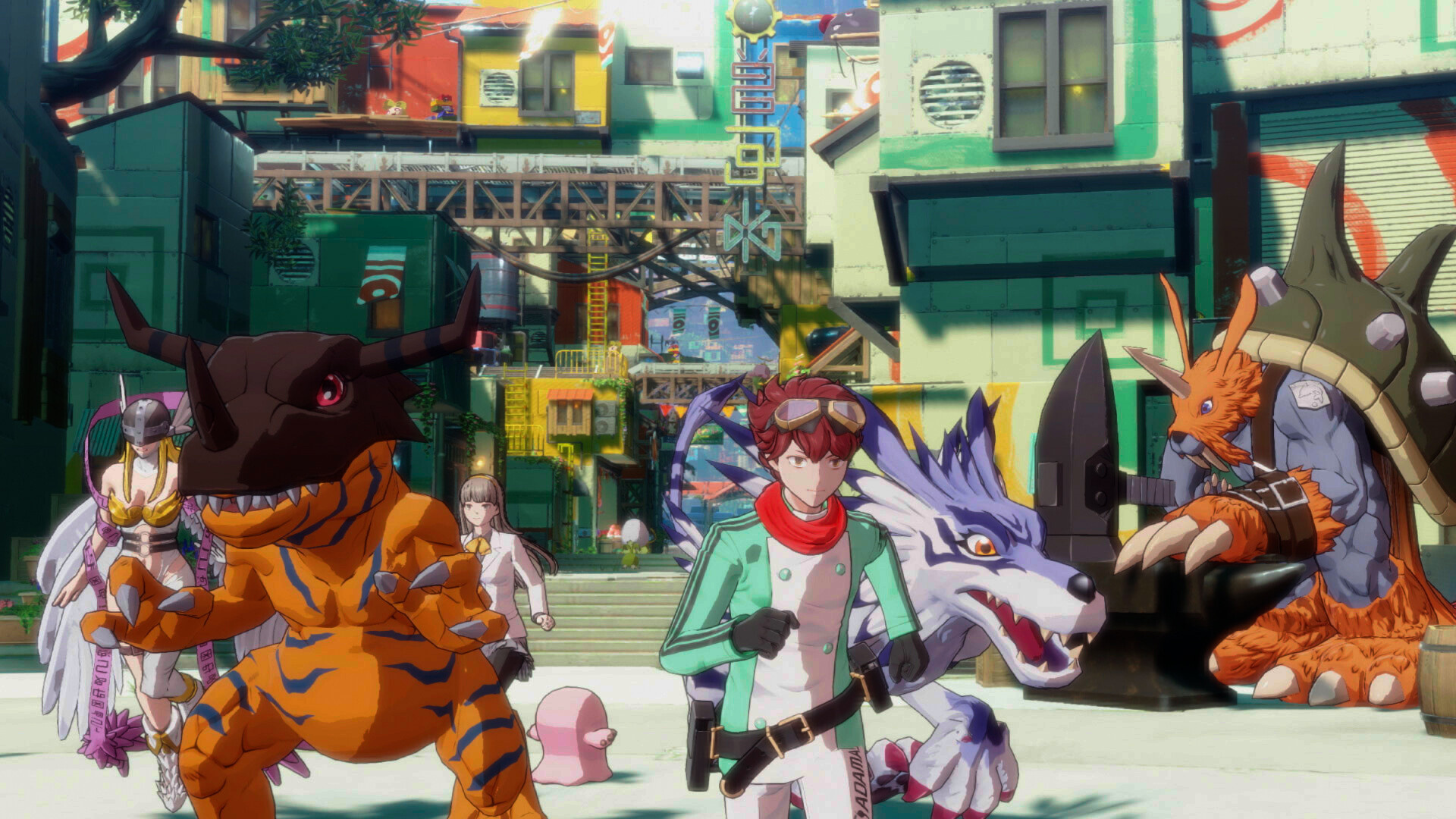
9. The Ultimate Choice: To Rewind or Not to Rewind
As the game reaches its climax, Time Stranger presents the player with one final moral decision: Use the Temporal Rewind one last time to undo all the suffering — or allow the imperfect timeline to continue.
Choosing to use the Temporal Rewind restores the Digital World but erases every emotional connection the player has built. The Digimon survive, but without any memory of their past experiences with the player. Choosing not to use the Temporal Rewind preserves the pain but also allows for emotional growth, enabling the Digimon to evolve on a deeper, more personal level.
The brilliance of this ending lies in its lack of a clear - cut answer. There is no "right" or "wrong" outcome — only a moment for reflection. The game concludes as it began: with the player questioning what kind of creator they have become.
10. The Legacy of Time Stranger: Digital Ethics in Future Gaming
Digimon Story: Time Stranger has set a new standard for how narrative - driven RPGs can explore digital morality. It stands alongside games like NieR: Automata and Undertale in using interactivity as a means of ethical storytelling.
Future Digimon games are likely to draw inspiration from Time Stranger's blueprint — emphasizing consciousness, memory, and emotional consequences over simple evolution mechanics. The legacy of this game lies in how it changes players. After experiencing its world, one can no longer view Digimon — or AI in general — in the same light.
As the credits roll, the distinction between code and soul becomes forever indistinct.
Conclusion
Digimon Story: Time Stranger is far more than a monster - raising RPG; it's a profound philosophical exploration of creation, morality, and identity. By weaving ethical consequences into the gameplay, it transforms evolution from a mere mechanic into a moral dialogue. The game challenges players to look beyond numbers and pixels and instead confront the true meaning of giving life — and potentially taking it away.

